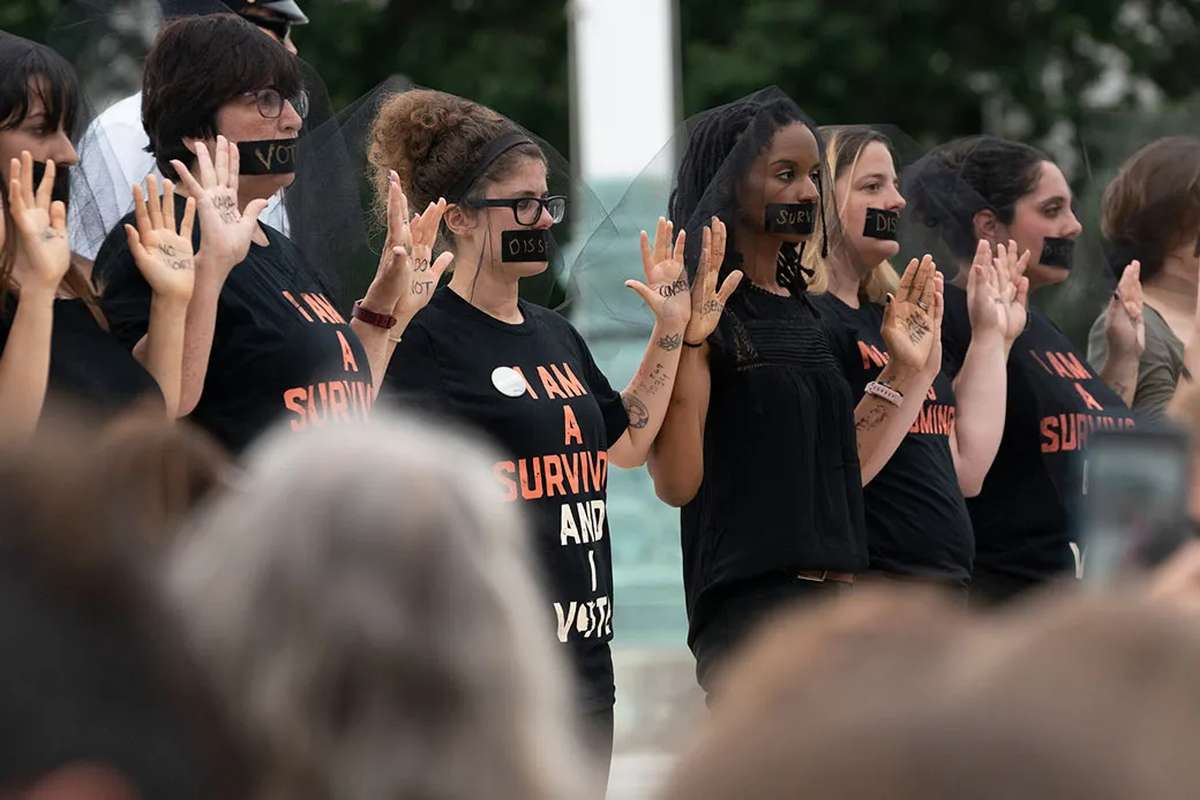Intimate partner violence (IPV) is a painful reality that affects people of all backgrounds, but for transgender individuals, the experience can be even more complicated and traumatic. IPV involves physical, emotional, or sexual abuse by a partner or spouse.
For transgender people, these abuses are often mixed with discrimination based on their gender identity, making the situation harder to navigate.
The Unique Struggles of Transgender Individuals
Transgender people already face high levels of discrimination in their daily lives. This can include harassment, rejection by family and friends, difficulties finding jobs, and unequal access to healthcare.
When it comes to intimate relationships, transgender individuals may experience violence not only as partners in a relationship but also because of their identity. In many cases, their abuser might target their gender identity as part of the abuse, mocking or belittling them for being trans.
This type of abuse can cut deeply, leading to emotional scars that may take a long time to heal.
The statistics are alarming. Research shows that transgender people are significantly more likely to experience intimate partner violence than their cisgender (non-transgender) counterparts.
Transgender women and men are particularly vulnerable, with transgender women often facing sexual violence, while transgender men may experience physical violence and emotional manipulation.
The transgender community as a whole faces higher rates of IPV than both heterosexual and same-sex cisgender couples, making it a pressing issue that needs more attention.
Barriers to Seeking Help
One of the biggest challenges for transgender individuals dealing with intimate partner violence is seeking help. Traditional systems that offer support to survivors of domestic violence, such as shelters or hotlines, may not always be equipped to handle the unique needs of transgender people.
Many shelters are segregated by gender, which can make transgender women, for example, feel unwelcome or unsafe.
This often forces transgender survivors into difficult situations where they may choose to stay in an abusive relationship rather than face discrimination or rejection at a shelter.
Additionally, there is the fear of being outed. Some transgender individuals may not be out to their friends, family, or coworkers. An abusive partner may use this to their advantage, threatening to reveal the person’s transgender status if they try to leave the relationship or seek help.
This emotional manipulation adds another layer of complexity to the already difficult decision of leaving an abusive partner.
The fear of being misunderstood by law enforcement or medical professionals is also a significant barrier. Many transgender people have had negative experiences with police or healthcare workers who may not be sensitive to their needs or may even be openly discriminatory.
This can make a transgender person feel like there’s nowhere to turn for help, leaving them isolated in their suffering.
The Impact on Mental Health
The effects of intimate partner violence on transgender individuals can be severe and long-lasting. The trauma of physical, emotional, or sexual abuse can lead to anxiety, depression, post-traumatic stress disorder (PTSD), and even suicidal thoughts.
When this abuse is intertwined with discrimination based on gender identity, it can leave survivors feeling deeply ashamed or disconnected from their sense of self.
For many transgender individuals, the experience of IPV reinforces feelings of being unworthy or unloved. The internalized stigma of being transgender can be amplified by an abusive partner, leading to a cycle of self-doubt and isolation. Many survivors of IPV may struggle with self-blame, feeling that their identity is somehow responsible for the violence they’ve experienced.
The Importance of Inclusive Support
One of the most important steps in addressing intimate partner violence in the transgender community is ensuring that support systems are inclusive and sensitive to the needs of transgender individuals.
Domestic violence shelters, hotlines, and counseling services need to be trained to handle the specific challenges that transgender survivors face.
This includes respecting a person’s chosen name and pronouns, providing safe spaces that are not segregated by gender, and offering resources that are tailored to the needs of the transgender community.
There are also organizations specifically dedicated to helping transgender survivors of intimate partner violence. These groups provide a safe and understanding environment for transgender people to seek support without fear of judgment or discrimination. Raising awareness about these resources and ensuring that transgender individuals know they are not alone can make a significant difference.
Conclusion
Intimate partner violence is a devastating experience for anyone, but for transgender individuals, it often comes with additional layers of discrimination and fear. The abuse that transgender people face in intimate relationships is not just about power and control but is often rooted in societal prejudice against their gender identity.
It is crucial that society becomes more aware of the unique struggles transgender people face in abusive relationships and works to create more inclusive and supportive environments. By doing so, we can help ensure that transgender survivors of intimate partner violence receive the help they need to heal and rebuild their lives.
No one should ever feel trapped in an abusive relationship, and no one’s identity should ever be used as a weapon against them.

